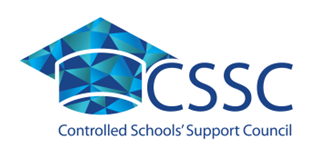A Level Accounting
A Level Accounting

At Ballyclare High School we offer the AQA Accounting A-Level course which will help to answer some of the questions above, and more. It covers both Financial Accounting (starting from double entry bookkeeping to using financial statements to decide where to invest) and Management Accounting (advising businesses and non-financial experts on future decisions based on facts and figures).
You will learn the technical aspects and procedures of accounting but will also develop skills to analyse and evaluate the accounting information in order to offer advice to others. This is all underpinned with an understanding of both legal and ethical practices, and the consequences of illegal or unethical accounting practices.
Specification: http://filestore.aqa.org.uk/subjects/specifications/alevel/AQA-2120-W-SP-14.PDF
Subject content
AS & A Level
- Introduction to role of the accountant in business
- Types of business organisation
- The double entry model
- Verification of accounting records
- Accounting concepts used in preparation of accounting records
- Preparation of financial statements of sole traders
- Limited company accounts
- Analysis and evaluation of financial information
- Budgeting
- Marginal Costing
A Level only
- Standard costing and variance analysis
- Absorption and activity-based costing
- Capital investment appraisal
- Accounting for organisations with incomplete records
- Partnership accounts
- Accounting for limited companies – cashflow statements
- Interpretation, analysis and communication of accounting information
- The impact of ethical considerations
It is our aim with A Level classes to provide a stimulating, challenging and supportive environment, where students have opportunities to develop accounting and business knowledge, explore new ideas and skills, critically evaluate information and develop perseverance. Discussion, active learning and application of techniques are at the heart of every lesson, and pupils are regularly encouraged to make links with previous content, working both independently and collaboratively.
Assessment
Assessment throughout the course is by homework and regular class tests, in preparation for external examinations in May/June.
Students will sit one paper at the end of Year 13 for AS and two papers at the end of Year 14 for A Level, each 3 hours long and covering a range of topics.
Assessment is weighted as follows:
- Demonstrating knowledge and understanding 25%
- Applying knowledge and understanding 35%
- Analyse and evaluate accounting information 40%

